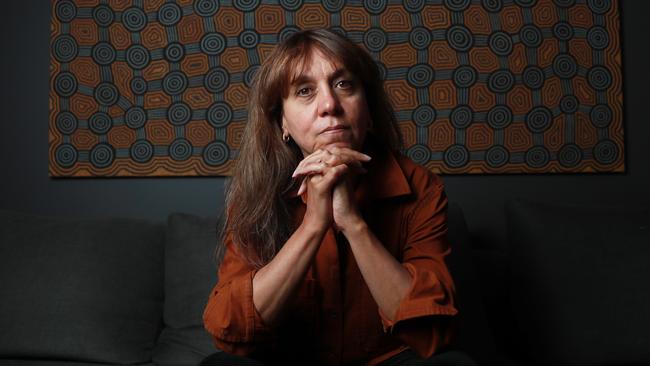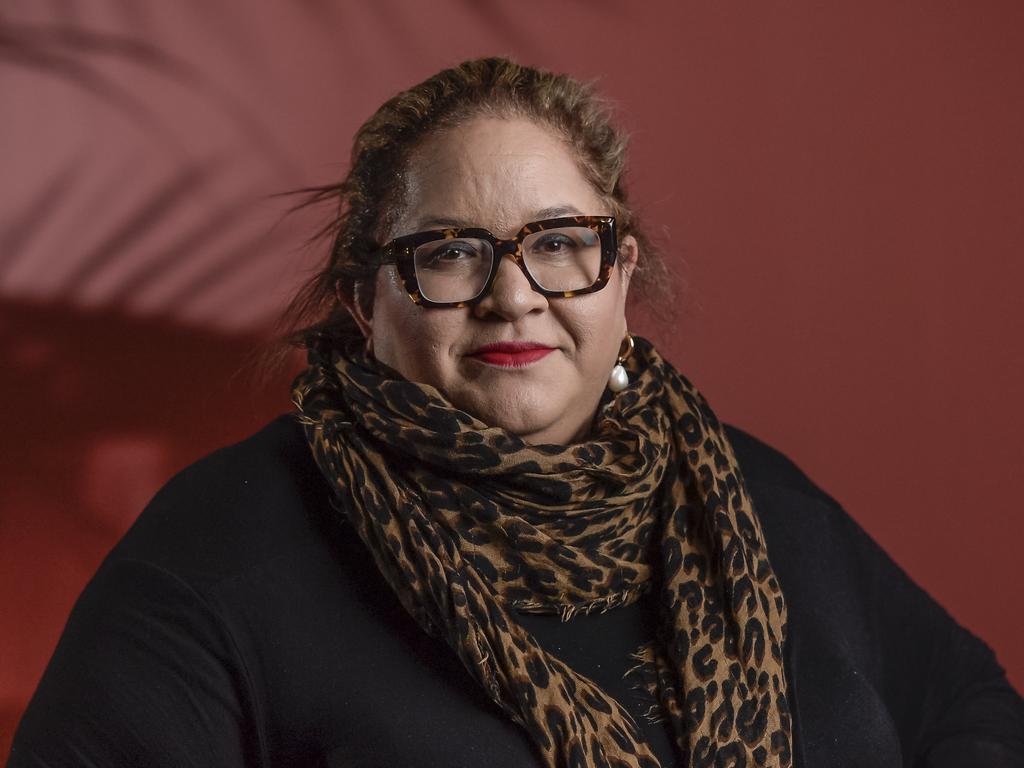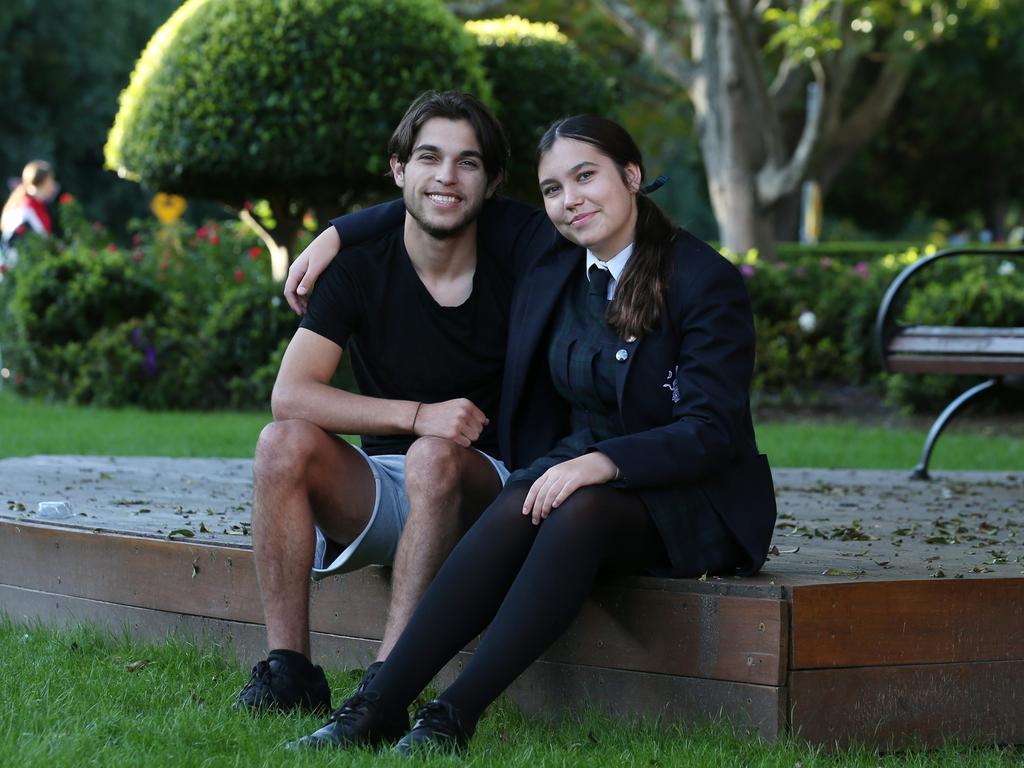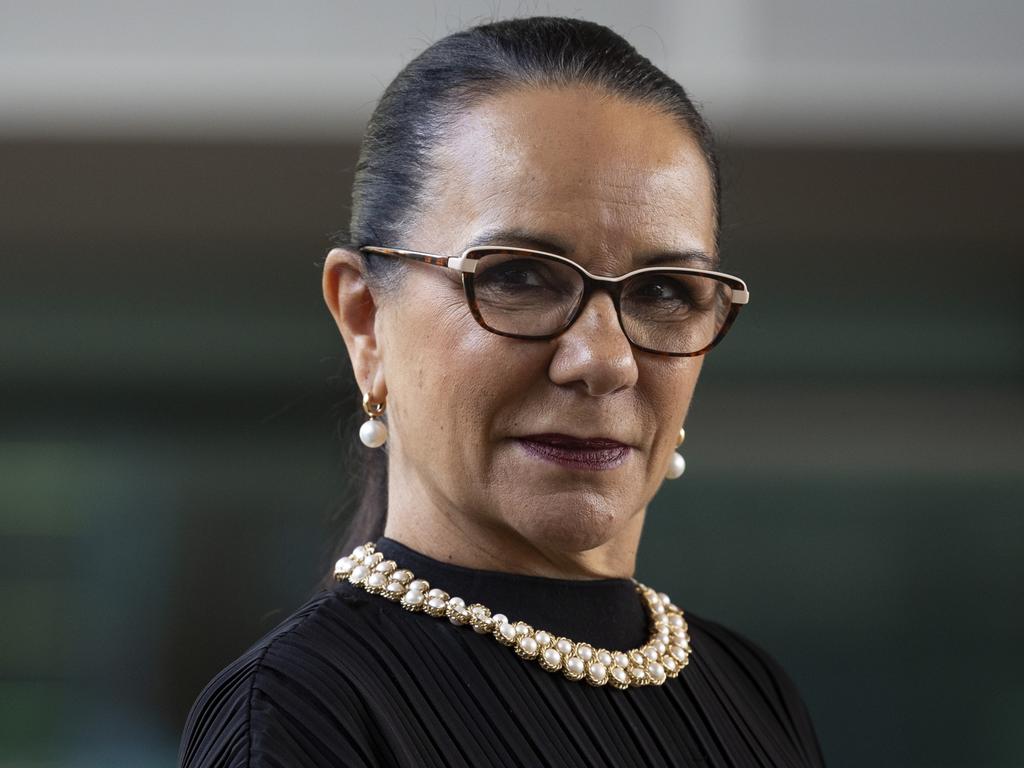Faith leaders unite to support a constitutional referendum on an Indigenous Voice to Parliament
The leaders of major faiths will declare their support for an Indigenous voice in the Constitution as the Albanese government tests for the consensus it needs for a successful referendum.

The leaders of major faiths in Australia will declare their support for an Indigenous voice in the Constitution as the Albanese government tests for the consensus it needs to take the nation to a successful referendum.
The Catholic, Uniting and Anglican churches, the Australian National Council of Imams and the Executive Council of Australian Jewry on Friday will join Australian Sikhs, Buddhists, Hindus and the National Council of Churches at Barangaroo in Sydney to endorse the Uluru Statement from the Heart.
Catholic Archbishop of Melbourne Peter Comensoli told The Australian: “I am personally moved by the deep yearning expressed in the Statement from the Heart, and I am so encouraged that faith leaders have offered a response from the heart of their own spiritual traditions.”
“My hope is simply that Catholics will be inspired by Jesus to join the hard work of finding constitutional recognition of the voice of first peoples into our parliament, and that reconciliation will find new energy and witness at this moment in history,” he said.
Anglican Archbishop of Sydney Kanishka Raffel said he welcomed the commitment of the new government to implementing the Uluru Statement from the Heart “and look forward to that process unfolding in coming months”. “For Christians, the ‘heart’ is not just the place of feeling but also will and energy,” Archbishop Raffel said.
“ It will take all three to offer to First Nations people, at last, the dignity of being heard.
“Theirs is a story of dispossession and its intergenerational impact but also survival, generosity and hope. For those of us who know the reconciliation that comes from Jesus, we must resolve to humbly walk with those who have offered the hand of friendship, from the heart.”
Acclaimed Indigenous writer, producer and activist Rachel Perkins on Friday will deliver an oration to religious leaders heralding their joint resolution as a decisive moment of community consensus across divides of faith, tradition and belief.
Uluru campaigners say the endorsement is an unprecedented push by multicultural Australia towards a referendum. They believe it demonstrates the proposal for an enshrined voice can bring Australians together, and can unite groups across the community.
The document’s call for an Indigenous advisory body to parliament with constitutional protection – once rejected by Malcolm Turnbull as a third chamber – has been at the centre of policy debate in Indigenous affairs for five years.
The previous Morrison government supported a voice and funded a process to design how it would work, but stopped short of committing to a referendum that could put it in the Constitution.
During a public comment period on the voice, overseen by Indigenous academics Marcia Langton and Tom Calma, churches were among the organisations and individuals to urge the Morrison government to give the voice a constitutional shield.
For example, the Anglican Church’s Public Affairs Commission told the Morrison government’s voice committee in a written submission in April 2021: “It needs to be entrenched in the Constitution so it can be of lasting significance and not able to be overridden by successive governments.”
The faith leaders’ decision to press the new Labor government to proceed with a referendum comes on the anniversary of the successful 1967 referendum that allowed Aboriginal and Torres Strait Islander people to be counted in the census.
The Uluru Statement was delivered on May 26, 2017, after a lengthy search for the best way to recognise Aboriginal and Torres Strait Islander people in the Constitution. The search for meaningful constitutional recognition began in the final days of the 2007 election campaign when prime minister John Howard said he wanted to acknowledge Indigenous Australians in the Constitution.
The joint resolution from religious leaders to be delivered on Friday endorses the constitutional reform in the Uluru Statement as “necessary, right and reasonable”, and asks for a referendum to “let the Australian people have their say”.
The Uluru Statement has already received broad support from the non-government sector and corporate Australia.
A youth movement has been building support for an enshrined Indigenous voice on Instagram, TikTok and at popular events such as the NRL All Stars game.
Faith leaders decided to make a joint resolution about the voice after talking to lawyers Shireen Morris and Damien Freeman, the authors of a soon-to-be-published book “Statements from the Soul” about religious responses to the Uluru Statement from the Heart.
“When engaging with religious leaders and communities, it became clear that the faith groups wanted to do more to help build a consensus for a referendum on a First Nations voice,” Dr Morris said.
“The joint resolution grew organically from there.”








To join the conversation, please log in. Don't have an account? Register
Join the conversation, you are commenting as Logout